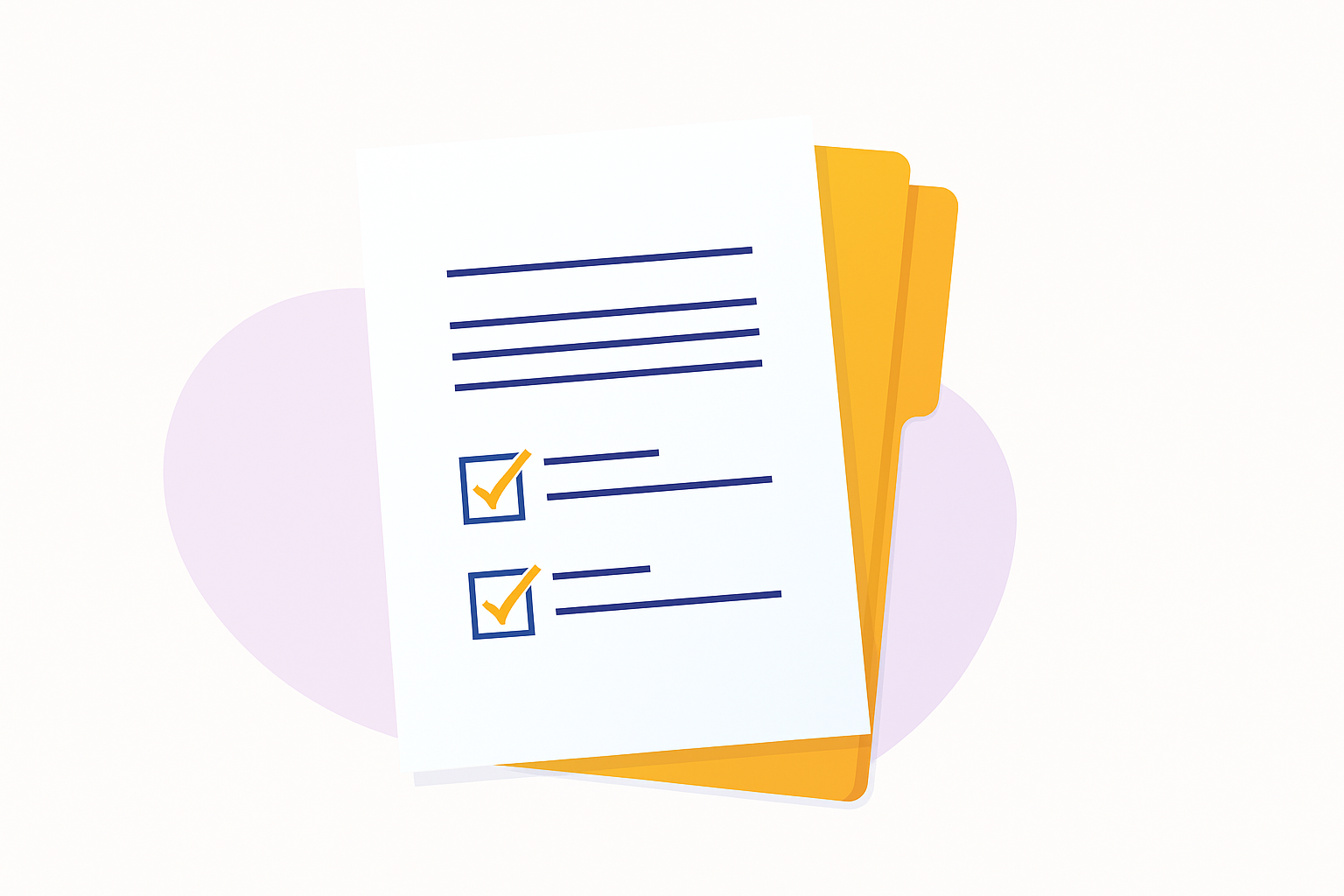In the ever-evolving healthcare landscape, behavioral health practices increasingly turn to specialized software solutions to streamline operations and enhance patient care. Adopting behavioral health software has become a game-changer for many practices, offering many benefits that extend far beyond simple record-keeping. This article explores five key advantages of implementing such software in your behavioral health practice.
Contents
1. Enhanced Patient Care and Engagement
One of behavioral health software’s primary benefits is its ability to significantly improve patient care and engagement. These sophisticated systems often include features like patient portals, which allow clients to access their health information, schedule appointments, and communicate with their care providers securely. This level of accessibility not only empowers patients but also fosters a sense of involvement in their own treatment process.
Moreover, many behavioral health software solutions offer tools for tracking patient progress over time. Practitioners can easily monitor treatment outcomes, adjust care plans as needed, and provide more personalized attention to each client. This data-driven approach to care can lead to better treatment outcomes and increased patient satisfaction.
2. Improved Practice Efficiency
Implementing behavioral health software can dramatically increase your practice’s efficiency. These systems automate many time-consuming administrative tasks, such as appointment scheduling, billing, and insurance claim processing. By reducing the time spent on paperwork and manual data entry, your staff can focus more on what truly matters—providing quality care to patients.
Additionally, behavioral health CRM software often includes features for managing patient relationships, helping practices maintain regular contact with clients, sending appointment reminders, and following up on treatment plans. This not only improves the patient experience but also helps to reduce no-shows and cancellations, ultimately leading to a more productive and profitable practice.
3. Enhanced Data Security and Compliance
Protecting patient information is paramount in the healthcare industry. Behavioral health software typically comes with robust security features designed to safeguard sensitive patient data. These systems often include encryption, secure user authentication, and audit trails to ensure that patient information remains confidential and protected from unauthorized access.
Furthermore, many software solutions are designed with compliance in mind, helping practices adhere to regulations such as HIPAA (Health Insurance Portability and Accountability Act). By automating compliance processes and providing built-in safeguards, these systems can significantly reduce the risk of costly compliance violations and data breaches.
4. Improved Collaboration and Coordination of Care
Behavioral health software often facilitates better collaboration among care team members. With features like shared patient records and secure messaging systems, healthcare providers can easily communicate and coordinate care, even when working from different locations. This improved collaboration can lead to more comprehensive and cohesive treatment plans, benefiting practitioners and patients.
Moreover, many software solutions offer integration capabilities with other healthcare systems, such as electronic health records (EHRs) used by primary care physicians or specialists. This interoperability allows for a more holistic approach to patient care, ensuring that all healthcare providers have access to the most up-to-date and comprehensive patient information.
5. Data-Driven Insights and Decision Making
Perhaps one of behavioral health software’s most powerful benefits is its ability to generate valuable insights from collected data. These systems can produce detailed reports and analytics on various aspects of your practice, from patient outcomes to financial performance. By leveraging this data, practitioners can make more informed decisions about treatment approaches, resource allocation, and practice management.
For instance, you might use the software to identify trends in patient progress, allowing you to refine your treatment methods based on what works best. Or you could analyze appointment data to optimize your scheduling and reduce wait times. The possibilities for data-driven improvements are virtually endless.
Conclusion
Implementing behavioral health software in your practice is more than just a technological upgrade – it’s a strategic decision that can transform the way you deliver care and manage your practice. The benefits are clear and far-reaching, from enhancing patient engagement and improving practice efficiency to ensuring data security and facilitating data-driven decision-making.
As the healthcare landscape continues to evolve, embracing these technological solutions will become increasingly important for behavioral health practices looking to thrive in a competitive environment. By leveraging the power of behavioral health software, you can not only improve the quality of care you provide but also position your practice for long-term success and growth.
Shahzad Ahmad Mirza is a web developer, entrepreneur, and trainer based in Lahore, Pakistan. He started his career in 2000 and founded his web development agency, Designs Valley, in 2012. Mirza also runs a YouTube channel, “Learn With Shahzad Ahmad Mirza,” where he shares his web programming and internet marketing expertise. He has trained over 50,000 students, many of whom have become successful digital marketers, programmers, and freelancers. He also created the GBOB (Guest Blog Posting Business) course, which teaches individuals how to make money online.




